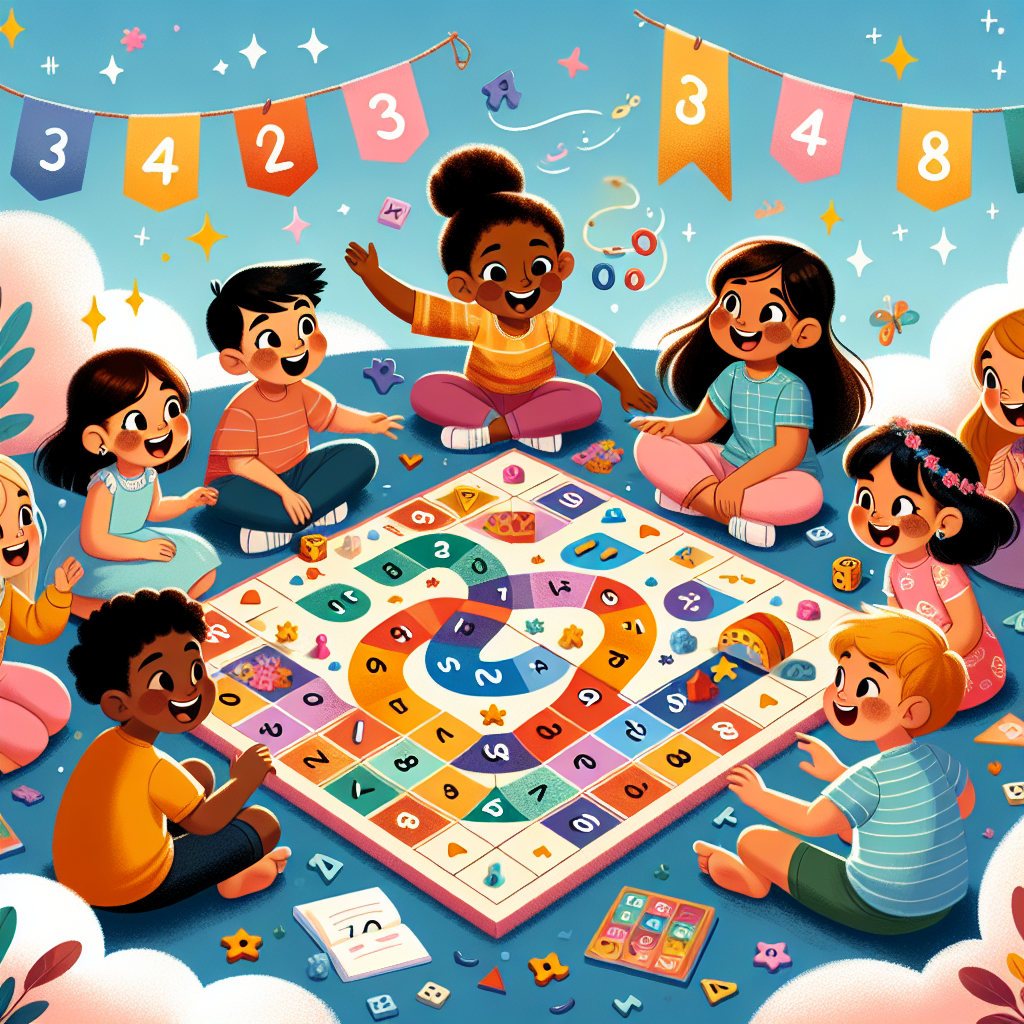
How to Play Math Games for Kids
I. Introduction: The Fun Way to Learn Math!
Math can often feel daunting for kids, but it doesn’t have to be! Incorporating games into math learning can transform the experience, making it engaging and enjoyable. Math games stimulate interest and provide a playful setting where children can enhance their mathematical skills without the pressure of traditional learning methods.
II. Choosing the Right Game:
Selecting the appropriate game is crucial for maximizing engagement and effectiveness.
a) Age Appropriateness
Choose games that are suitable for your child’s age. Younger children may benefit from colorful, simple games that introduce basic concepts, while older kids can handle more complex challenges.
b) Skill Level
Assess your child’s current math skills. Games can be tailored to varying levels, ensuring that they don’t become frustrated with content that’s too advanced or bored with material that’s too simple.
c) Learning Goals
Identify specific goals for your child’s math learning. Do you want to focus on addition and subtraction, multiplication, or problem-solving? Select games that align with these goals to reinforce those areas.
III. Gameplay Basics:
Understanding the fundamentals of gameplay will enhance the overall experience and learning.
a) Instructions & Rules
Before starting, read through the game instructions clearly. Ensure your child understands the rules and objectives to avoid confusion during playtime.
b) Types of Math Games
Here are different types of math games that can be fun and educational:
– Puzzles: These can involve math principles embedded in logic puzzles or number games.
– Card Games: Using a standard deck or specialized cards to build math fluency through games like “Math War” where players compare values.
– Board Games: Games like Monopoly can enhance counting and strategic thinking lessons while also incorporating math concepts.
– Apps: Digital games often have engaging graphics and can adapt to various learning levels.
IV. Benefits of Math Games:
Integrating games into math learning offers numerous benefits.
a) Skill Development
Games can actively reinforce basic math skills such as addition, subtraction, multiplication, and division, promoting faster recall and deeper understanding.
b) Problem-solving & Critical Thinking
Many math games encourage players to think critically and solve problems creatively, building essential skills for academic success.
c) Engagement & Motivation
The playful nature of games helps maintain interest and enthusiasm for math, reducing anxiety or reluctance toward the subject.
V. Tips for Effective Play:
Maximizing the benefits of math games involves thoughtful strategies.
a) Start Simple
Begin with simpler games to build confidence and gradually increase difficulty as your child becomes more comfortable with the concepts.
b) Make it Social
Play games together with family or friends. The social interaction makes learning fun and more rewarding.
c) Incorporate Real-world Examples
Link game scenarios to real-life situations, such as budgeting, cooking measurements, or time management, to illustrate the practical applications of math.
VI. Conclusion: Making Math Enjoyable!
By thoughtfully selecting and playing math games, you can create a rich and enjoyable learning environment for your child. Emphasize fun, collaboration, and real-world applications, and watch as they grow in both confidence and competence in mathematics! The journey towards becoming proficient in math can indeed be a thrilling adventure filled with laughter and learning.


